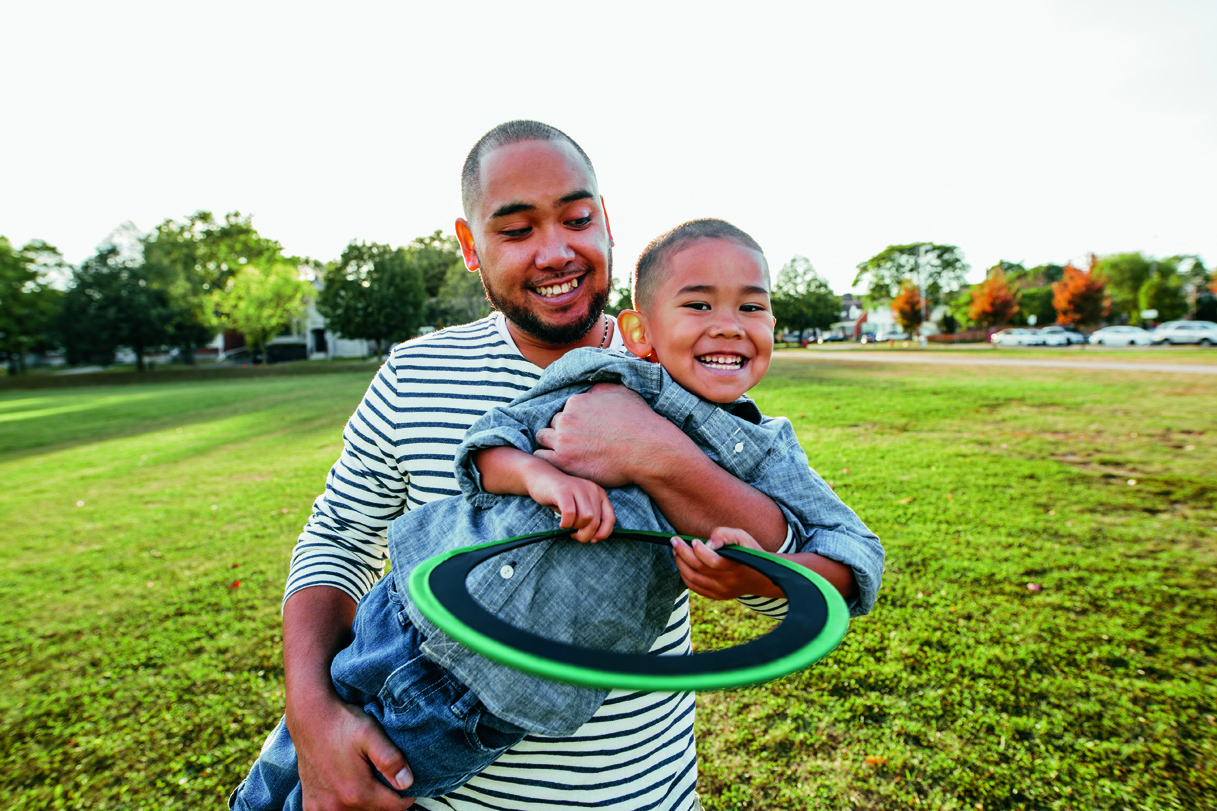
- This event has passed.
Creating Environments and Conditions for Thriving Kindergarteners

“We don’t structure in relationship building into how our schools are organized.”
Hedy Chang of Attendance Works offered this reflection during this week’s session, Creating Environments and Conditions for Thriving Kindergartners. Her data overview, highlights the “incredibly high levels of kindergarten chronic absence” focused the session on the importance of the kindergarten environment and opened the conversation regarding the environments in which children thrive.For Sheresa Blanchard, Ph.D., of SRI International creating a culturally responsive pedagogy and critical cultural competence in these programs is needed, going beyond traditional teaching strategies to be inclusive and intentional with students and families.
For two of the panelists, this work has focused on one discipline to support the creation of effective learning environments. Ann Kay of The Rock ‘n’ Read Project made the connection between singing, neuroscience and reading. Rebecca Colbert, Ph.D., RLA, of the National Wildlife Federation focused on the connections between early childhood health and the outdoors, saying “active kids learn better and there’s a science behind it.”
Natalie Walrond of WestEd summarized the conversation by identifying four throughlines — the science of learning and development, equity, authentic family engagement and multidisciplinary approaches. She said, “The big idea here is that when you think about the nexus of playful learning and safe, supportive and responsive relationships and environments, and then equitable mindsets and practices and policies and systems, the nexus of that is the creation of these fertile conditions in which young children can thrive.”
This was the fourth webinar in the series Promoting Impactful Teaching and Learning in Kindergarten that the Campaign for Grade-Level Reading and New America’s Early & Elementary Education Policy Program have developed to promote impactful teaching and learning in kindergarten. Join us for the next webinar in this series.
Panel







